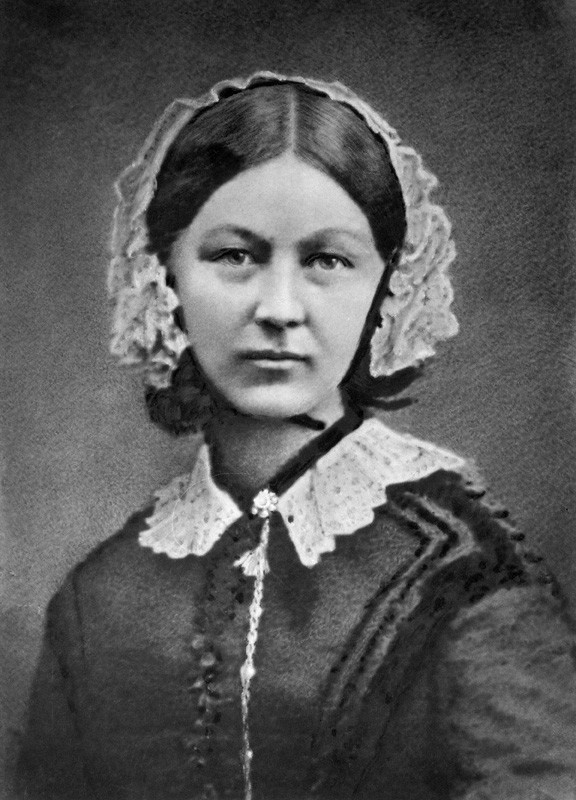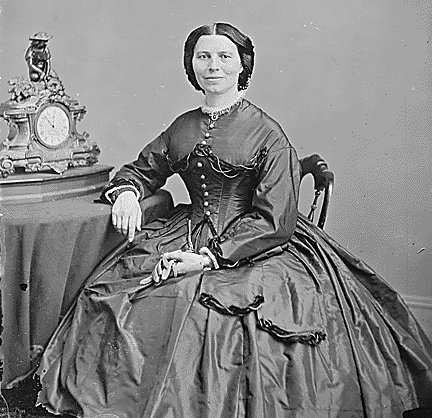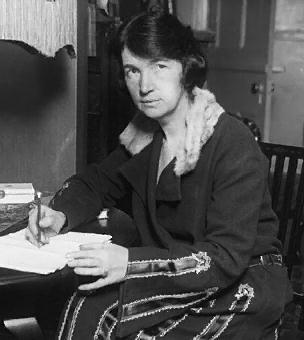When we are confined to the hospital, we are placed under the care of reliable Nurses. They give you your medicine for diabetes, check your blood sugar levels and your blood pressure. The question is, do we really appreciate them? We have listed down three nurses who will make you say thank you to your nurse the next time you go to the hospital.
Florence Nightingale

The night was dark and the soldiers lay asleep in their beds. One soldier awoke and saw her, the lady with the lamp. The warm, calming glow moved around with her as she checked on the soldiers who have been so far away from their homes.
Her name is Florence Nightingale. Many knew her as "The Lady With the Lamp", "The Soldier's Friend" or "The Queen of Nurses". On May 12, 1820 she was born to a wealthy, prominent family in Florence, Italy and was named after the city. At an early age, she shooed away her suitors and instead devoted her life to charity and lent a hand to those in need of help. In 1851 she finished her nursing studies at the Institute of Protestant Deaconesses at Kaiserswerth, Germany.
This training came in handy during the Crimean War in 1854, during which she found out about the unsanitary conditions of the hospital. She pressed the British Government for cleaner living quarters as well as more sanitary medical facilities, which lead to better facilities and lesser deaths. In 1869, she opened the first secular nursing school, Nightingale Training School at St. Thomas’ Hospital, London (currently known as Florence Nightingale School of Nursing and Midwifery). She was the first woman to be awarded the Order of Merit and died in 1910.
Clarissa “Clara” Barton

On Christmas day in 1921, probably one of the best Christmas presents to grace the United States was born in Oxford, Massachusetts. Her name was Clara Barton and during the Civil War, she was to be known as the "Angel of the Battlefield" of America.
Even as a child, she showed a penchant for caring for the ill as she often took in and cared for hurt creatures. It was during the two years of nursing her brother David (who had suffered a head injury) that she unconsciously developed a love for nursing and learned numerous medical procedures such as leeching and medicine giving. She was first a teacher before a nurse, establishing the first free public school in New Jersey. During the civil war, she too fought in the front lines though not as a soldier but as a nurse. She dodged bullets and during one occasion, narrowly missed death when a bullet missed her by mere millimetres, tearing through her sleeve and killing the man under her charge. She helped establish the office of Missing Soldiers which she ran in Washington, D.C. In 1881, she established the American Red Cross, heading the office until her retirement in 1904.
Margaret Sanger

In this modern age, one would think that the problem of birth control would be solved by now. No. Until today, many women are still fighting for their bodies, for the right to use the contraceptive they please. Imagine how it must have been like in the 1910s, when such a topic was taboo. That is what Margaret Sanger fought for.
Born into an Irish American Catholic family on September 14, 1879, Margaret Higgins believed that her mother's 18 pregnancies were what may have attributed to her poor health and early demise at 40. She studied nursing at White Plains Hospital and married William Sanger, an architect, in 1902 with whom she had three children. In 1912, she started to write a newspaper column entitled "What Every Girl Should Know", beginning her advocacy for sex education. It was during her work as a nurse in the Lower East Side that she treated numerous women who had tried terminating their own pregnancies or back alley abortions. In 1916, she opened the first birth control clinic in America, educating women about contraceptive devices and their reproductive system. Five Years later, she founded the American Birth Control League which was renamed as Planned Parenthood Foundation in 1942 and the Birth Control Clinical Research Bureau. Her dream of oral contraception finally came true in 1960 when six years before her death, the Federal Drug Administration approved the first medication.
Without nurses, our healthcare would not be the way it is today. Show your gratitude by being courteous to them and by not being a pain in the neck patient.